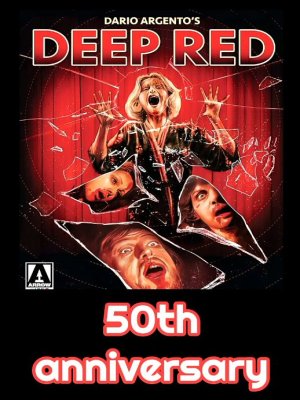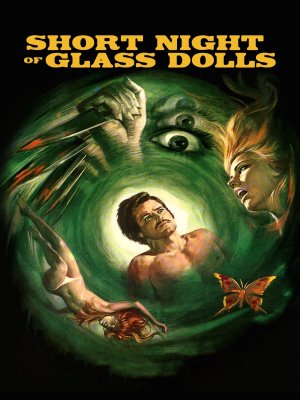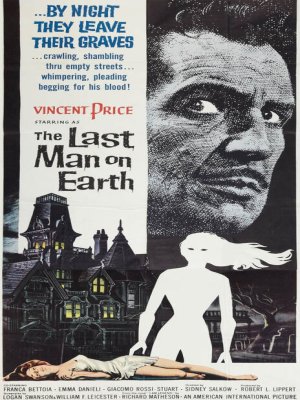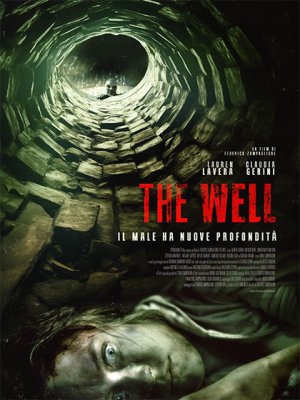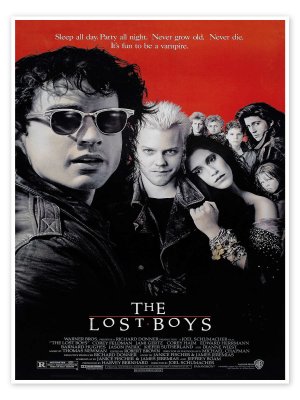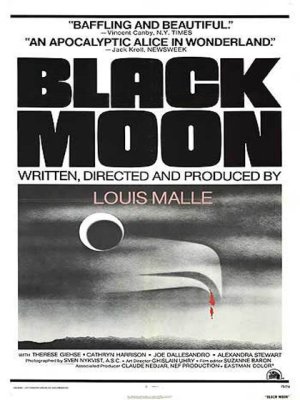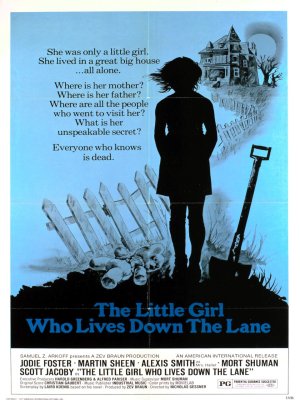Schock
A woman returns to her old home with a new spouse and a son possessed by the ghost of his father.
The latest cinematic chapter of the Italian master Mario Bava, Shock, presents itself as a farewell to his directorial career, emerging from a decade marked by a rebirth of Italian cinema imbued with anger, ambiguity and a fascination for the macabre. The film, a cross between giallo, thriller and horror, is a testimony to that essential contribution of Bava, which had already inspired entire generations of directors.
In this work, however, one senses the loss of that personal imprint: the meticulousness in the photography, a distinctive sign that had made the director famous, as well as that bitter irony capable of mocking social hypocrisies, is missing. Shock seems in fact to orient itself towards a style inspired by the cinema of Dario Argento, highlighted by subjective shots, an obsessive soundtrack and a psychological trauma that acts as a spark for terror.
Although these stylistic choices may seem less incisive, the charm of the story - a narration steeped in madness set in a luxurious country villa - is irresistible. A few characters populate a house that, although it appears serene from the outside, hides unexpected dangers and threats within. Also noteworthy is the memorable performance of the protagonist Daria Nicolodi, already famous for her role in "Deep Red".
Even if some sequences do not reach the best inspiration, Shock still knows how to give moments of intense tension and thrill, culminating in a finale that combines a tragic note with a disturbing sense of suspension.



